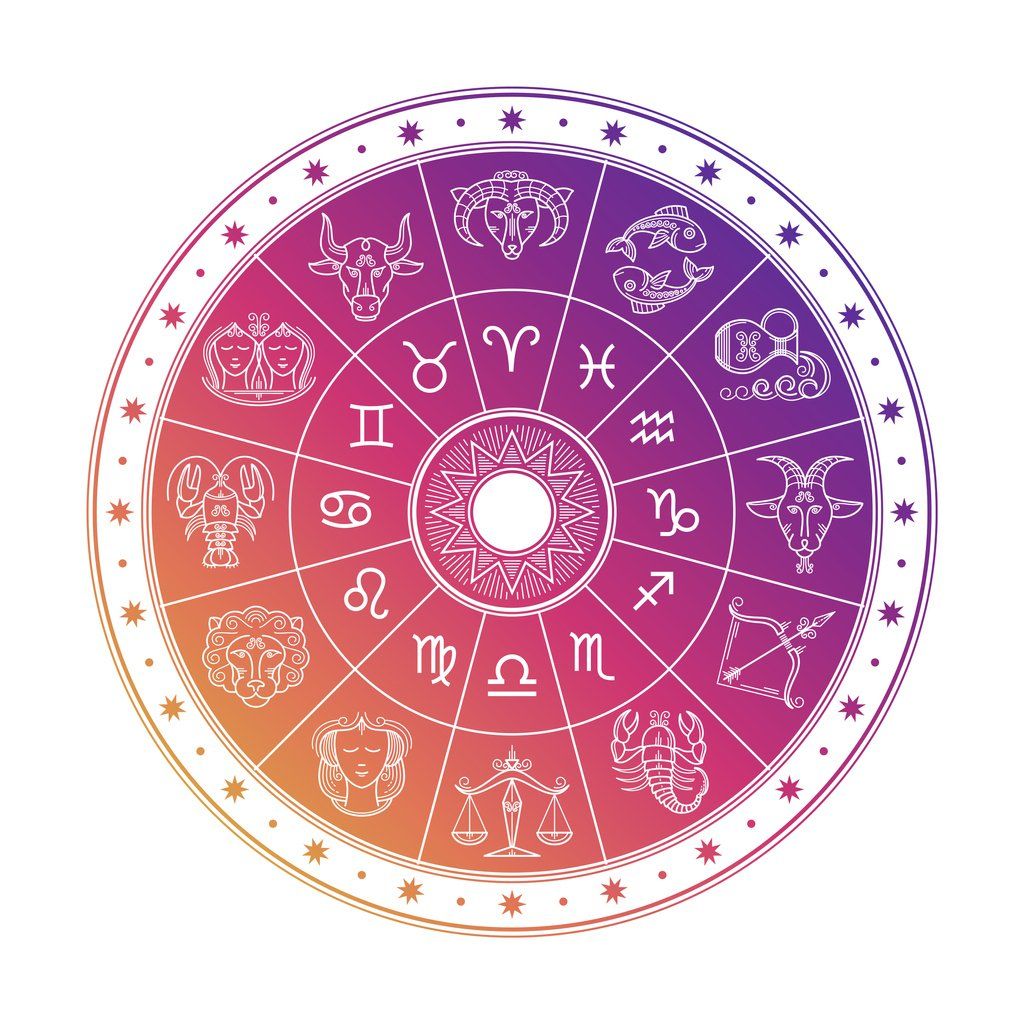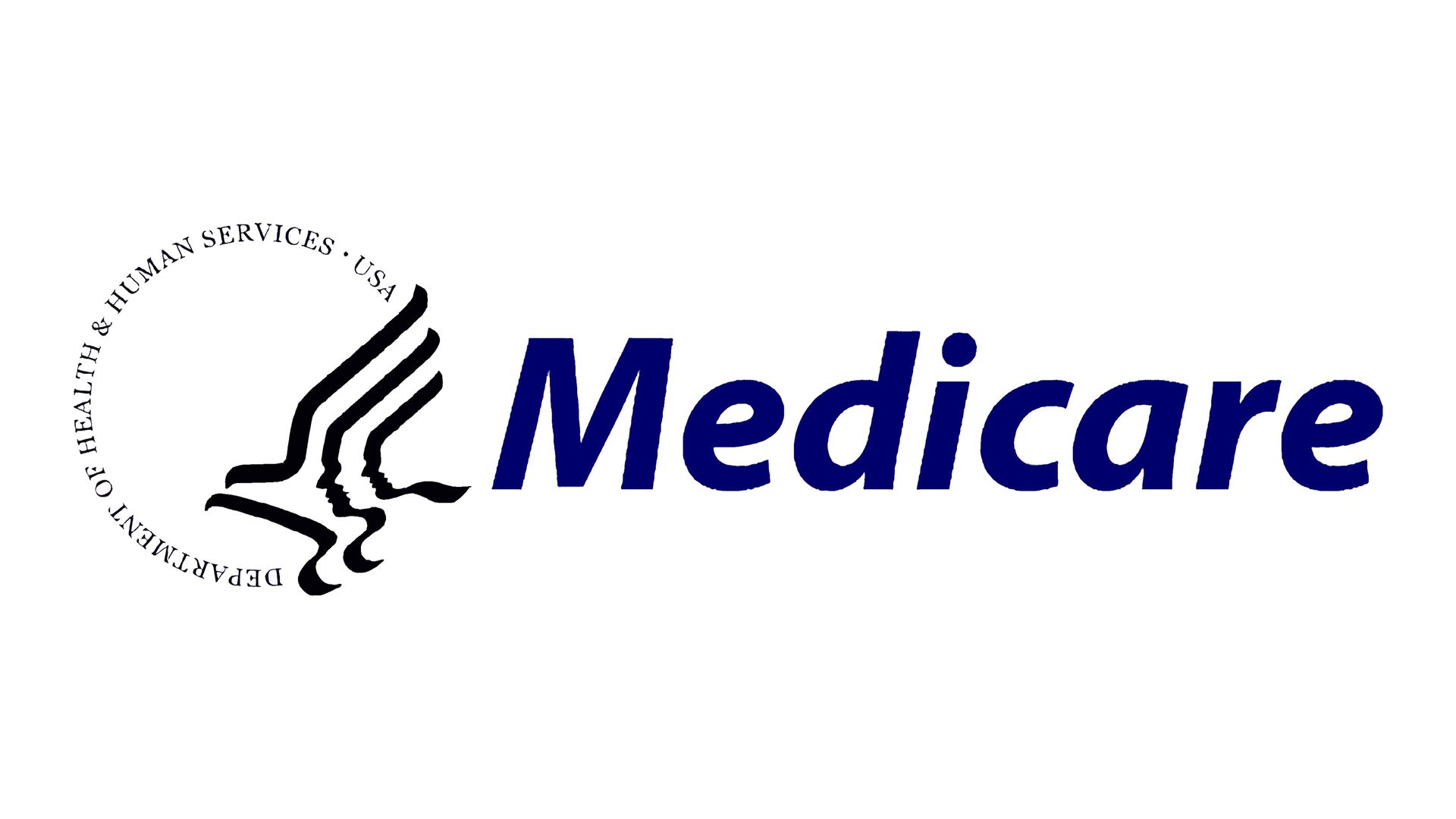I Love Acupuncture Series: Reason Number Two
Acupuncture connects body, mind and spirit, relieves anxiety and depression
For the second part in my series on why I love acupuncture (this might be a series of 40+ blogs, ’cause there are a lot of reasons) I want to talk about how acupuncture helps heal body, mind and spirit. To start, let’s think about the some of the science behind it and the fact that acupuncture calms the nervous system. Sounds good, right? How would one know, though, if their nervous system needed calming? This is what I am here for – do you identify with any of the following statements?
- I feel on all the time, can’t sit still or relax
- I try to meditate but my brain is so active it is torture
- I feel panicky and the sensation of my heart beating in my chest sometimes
- I don’t sleep well and often wake with my mind going, or it being very active at night with vivid dreams
- I often have obsessive thoughts and can’t stop my overactive mind in the daytime
- When I get stressed out my stomach starts to hurt and my digestion changes
- I live in my “head” and feel detached from my body
- I’m easily startled by loud noises and sudden movements
These are just a few of the symptoms or situations that indicate your body is stressed out and your sympathetic system (responsible for our fight or flight response, helping us have the capacity to run from the bear), is in over drive. The sympathetic nervous system is one division of the autonomic nervous system (ANS) which is responsible for regulating certain body processes – including blood pressure and breathing – without our conscious effort (hence they are automatic). The other part of the autonomic nervous system is the parasympathetic system, also known as the system responsible for resting and digesting. Ideally our bodies should mostly be in the parasympathetic state. Oftentimes that’s not the case in our modern, high stress world.
How can acupuncture treatment help? Very specifically, acupuncture studies have shown that treatment has a distinct and positive effect on the autonomic nervous system. What this means is that during an acupuncture treatment the sympathetic nervous system is essentially dialed down and the parasympathetic nervous system takes over. This is a very good thing for you, your health, your mind and body, if you don’t know it already.
A calmer nervous system allows the body to heal – as many know, sleep is a very important aspect of health, and so if you have a cold, but you don’t sleep very well generally, your cold may last even longer because you are not able to reap the benefit of rest and sleep. Constant high stress is terrible for the immune system as well so that’s a double whammy – you get sick more often because stress suppresses your immune system and then can’t get well quickly because you don’t sleep or rest well.
In my practice I see a wide variety of health issues, including emotional issues such as anxiety and depression. These can be the chief complaint or a side issue to another, bigger or just additional and more pressing health concern. In either situation, acupuncture treatment can help connect the body and the mind, calm the nervous system and/or also lift the spirits if needed. Acupuncture treatment is very, very helpful as an adjunct to psychotherapy, and has been used for quite a while to treat trauma, and I have seen it change my patient’s lives.
Recently I had a patient come in for treatment and mention that she was suffering from pain – pain which she had not had before in her pregnancy – and it started the day before when she experienced a traumatic event (specifically one she was a witness to, but had no physical trauma and did not fall or have a specific injury). She commented that immediately after the event she felt pain. Understandably, she was upset after the trauma and could not quit thinking about it. My job that day was to help her body heal in a few ways – number one to stop the pain and number two to reduce the effect of the trauma. To do this I used a variety of points that communicated with her body and the area of the pain and I also used a protocol of needles in specific points in the ear (NADA protocol) to relieve trauma.
The wonderful thing is that as soon as the treatment ended she felt better – she described the sensation of being “farther away” from the event. It was not replaying over and over in her mind. Her pain was also better (and full disclosure, she also had a chiropractic adjustment that day which I knew helped too). And now, a month or so later, she still says that she noticed a definite and specific improvement post-acupuncture treatment with how traumatized she felt. Hooray!
This is my most recent example of how acupuncture works to immediately help with trauma. I have also helped many patients who suffer from long term anxiety and depression with regular acupuncture sessions. It should be noted that the longer the trauma, or longer you have been anxious, depressed or generally stressed out, the more treatment you will probably need.
On a final note, I do want to state that I am not a psychotherapist – and that acupuncture treatment is not a substitute for psychotherapy or even medical therapy for psycho-emotional issues, but it definitely can be very very helpful. In fact, acupuncture is an amazing adjunctive to psychotherapy and I am also of the opinion that more than one treatment modality for almost everyone produces better, longer lasting results (whether that is chiropractic, massage, energy work, psychotherapy, other medical therapy, physical or occupational therapy). I do know a few psychotherapists and psychologists and often recommend them to patients if they do not already have one. The other important factor for anyone when getting treated is willingness to seek and work for the result they want – either in my clinic space or elsewhere. Acupuncture treatment can help facilitate the willingness to change and support you through tackling those hard issues. However, it cannot do it all for you.
These are general guidelines; everyone’s body is unique. Please contact me for a consultation for your specific needs.















